As spring gives way to the warmth and longer days of summer, your daily rhythm—especially your sleep routine—can easily be thrown off balance. Rising temperatures, extended daylight, and changes in daily habits can all affect your ability to fall and stay asleep.
Thankfully, by making a few seasonal adjustments—and leveraging the health insights of the WalkerFit M6 Ultra smartwatch—you can optimize your sleep for the summer months and maintain steady energy, mood, and health.
Here are 3 smart and practical ways to reset your sleep habits for summer.
1. Take Control of Light Exposure with Smart Timing
One of the biggest summer sleep disruptors is longer daylight hours. While more sun can boost your mood, it can also delay melatonin production and trick your body into staying awake longer than it should.
To stay in sync with your body’s natural rhythm, aim to:
- Limit bright light exposure in the evening by dimming lights or using blue-light filters on screens.
- Get direct sunlight in the morning to anchor your circadian rhythm and boost early-day alertness.

✅ With the WalkerFit M6 Ultra, you can monitor your exposure to daylight, set sleep reminders, and use smaxrt notifications to help wind down in the evening—all helping to support healthy melatonin release.
How sunlight affects your sleep at SleepFoundation.org
2. Cool Your Body Down to Fall Asleep Faster
As nighttime temperatures rise, your core body temperature may stay too high, making it harder to fall and stay asleep. Your body naturally cools down before sleep, and if your room or bedding is too warm, it can interfere with this process.
Here’s how to cool things down:
- Use breathable bedding like bamboo or Tencel.
- Take a lukewarm shower before bed to trigger a natural cooling effect.
- Keep your bedroom between 60–67°F (15–19°C) for ideal sleep temperature.
✅ WalkerFit M6 Ultra tracks overnight body temperature trends and sleep interruptions, helping you detect if overheating is affecting your rest—and adjust your environment accordingly.
Read: Ideal bedroom temperature for sleep
3. Shift Your Activity Schedule Earlier in the Day
With longer daylight hours, many people naturally shift into “summer mode,” staying active later into the evening. While evening walks or workouts might feel good, late-night exercise can actually raise your heart rate and delay sleep.

For better summer sleep:
- Aim for workouts before 6 PM.
- Use the extra daylight to get morning or midday exercise instead.
- Avoid stimulants like caffeine or energy drinks after late afternoon.
✅ WalkerFit M6 Ultra features built-in sports modes and heart rate tracking, giving you insight into how exercise timing affects your recovery and sleep cycles.
WalkerFit M6 Ultra: Your Summer Sleep Sidekick
The transition into summer doesn’t have to mean poor sleep. With the WalkerFit M6 Ultra, you get:
- Advanced sleep tracking (including REM, deep, and light stages)
- Body temperature monitoring
- Daily activity and workout tracking
- Smart sleep reminders and insights
These features allow you to understand how seasonal changes are impacting your body and take proactive steps to improve your rest.

Shop the WalkerFit M6 Ultra Now
FAQ
1: Why does my sleep feel more disrupted during the summer?
Summer brings longer daylight hours and higher temperatures, both of which can interfere with melatonin production and core body temperature regulation—two key factors in quality sleep. To manage these changes, try adjusting your light exposure, cooling your sleep environment, and using tools like the WalkerFit M6 Ultra to monitor how your body responds overnight.
2: How can the WalkerFit M6 Ultra help me sleep better during summer?
The WalkerFit M6 Ultra tracks your sleep stages, body temperature, and heart rate variability, giving you a clear picture of how summer conditions affect your rest. Its smart reminders and activity tracking features also help you stick to a healthy routine that supports better sleep quality throughout the season.
3: What’s the best time to exercise in the summer for better sleep?
For optimal sleep, it’s best to finish your workouts at least 3–4 hours before bedtime—ideally in the morning or early afternoon. Evening workouts can increase your heart rate and body temperature, making it harder to fall asleep. The WalkerFit M6 Ultra helps by tracking your workout times, heart rate, and recovery to guide your ideal schedule.
4: How does body temperature affect sleep in warmer months?
Your body naturally cools down before sleep. High nighttime temperatures can disrupt this process, leading to restlessness. Using breathable bedding and adjusting your room temperature helps—but the WalkerFit M6 Ultra goes further by tracking body temperature trends and alerting you to patterns that could be impacting your sleep.
5: Can bright evening light really affect my ability to fall asleep?
Answer:
Yes. Exposure to bright or blue light in the evening delays melatonin release, which can shift your internal clock and make falling asleep more difficult. Use the WalkerFit M6 Ultra’s sleep reminders to wind down, reduce screen time, and dim lights before bed to support your natural sleep cycle.
Final Thoughts: Sleep Smart This Summer
As the seasons change, so should your sleep habits. By managing light exposure, staying cool at night, and adjusting your activity schedule, you can enjoy the best of summer without sacrificing your sleep quality.
Let WalkerFit M6 Ultra be your guide—helping you sleep smarter, live better, and wake up refreshed, no matter the season.

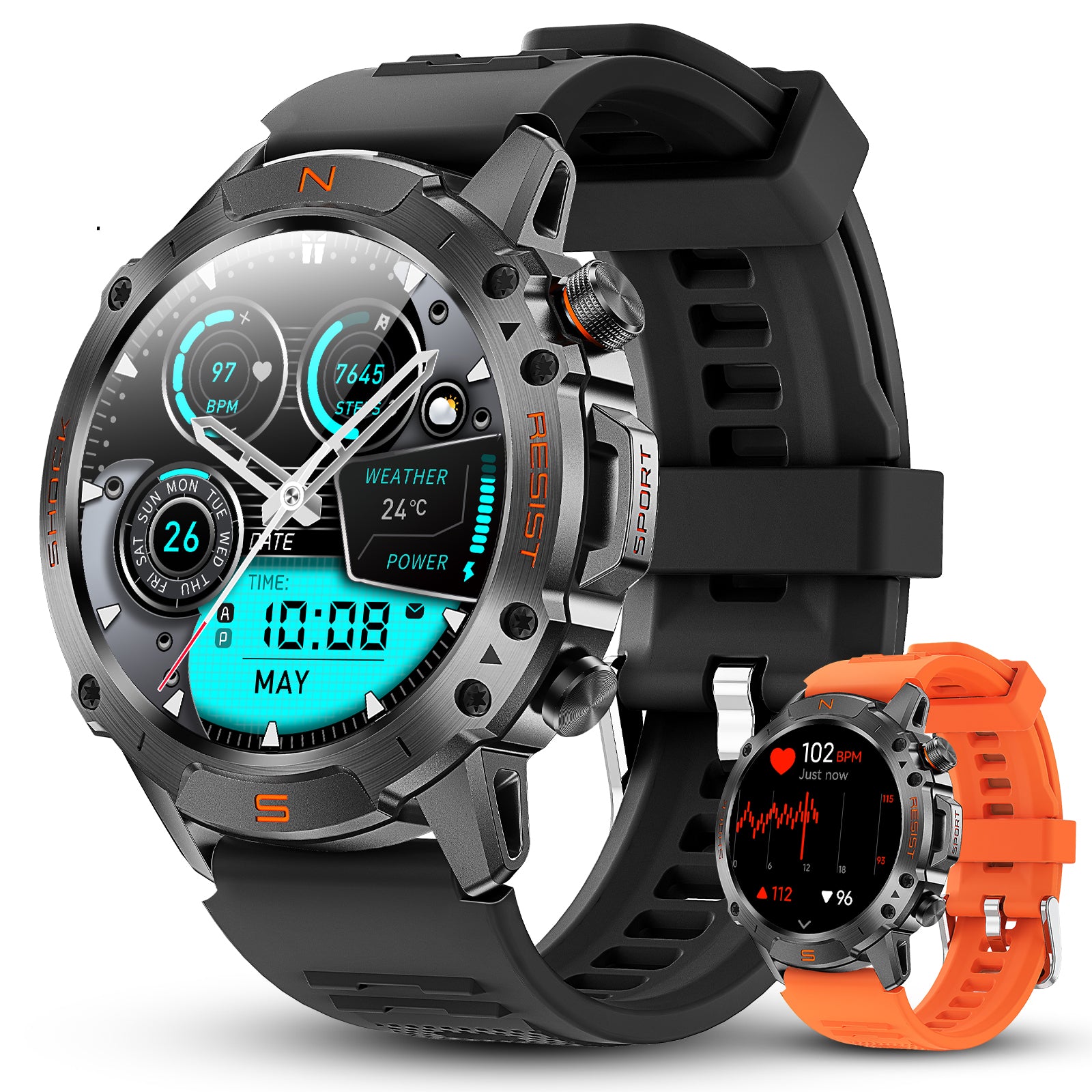
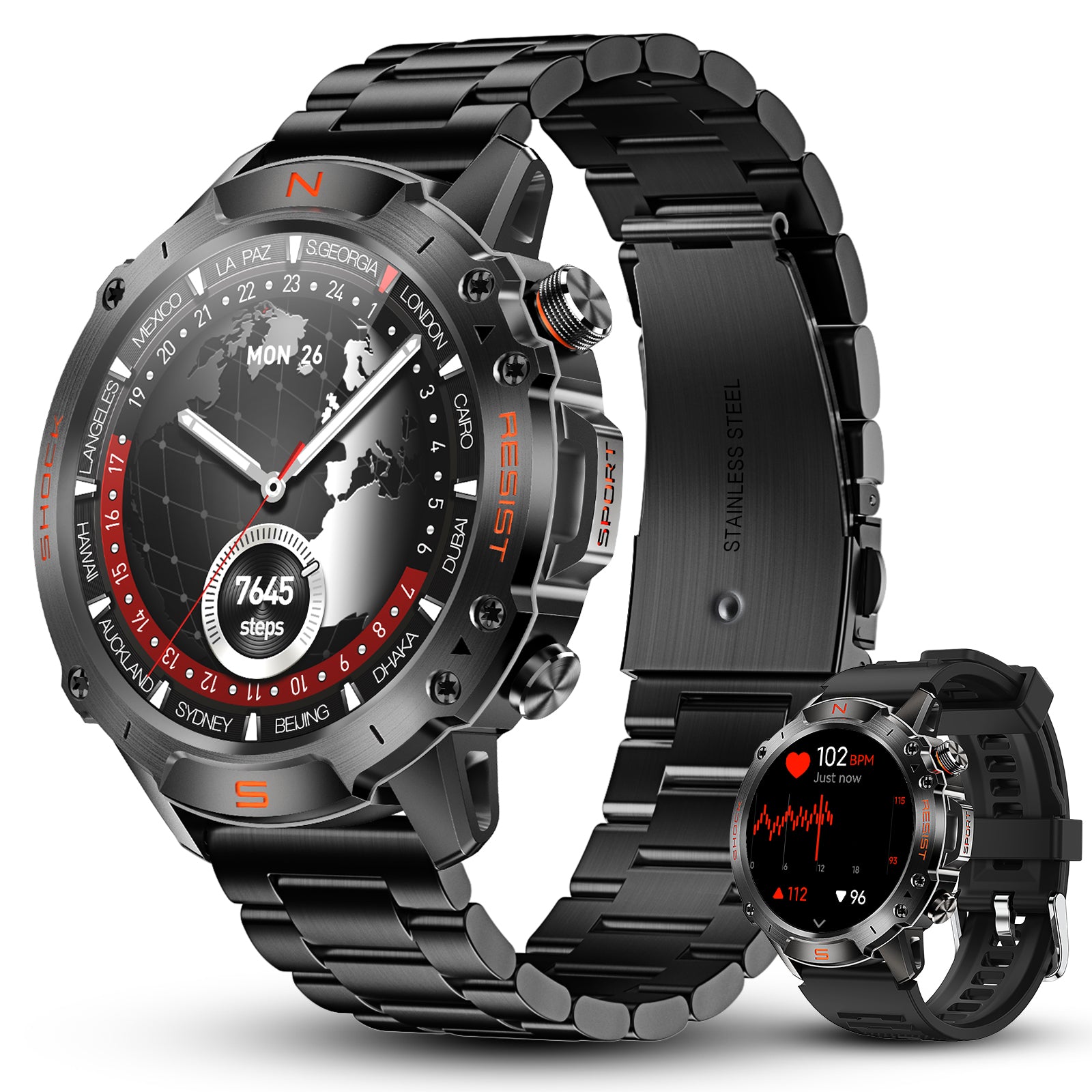
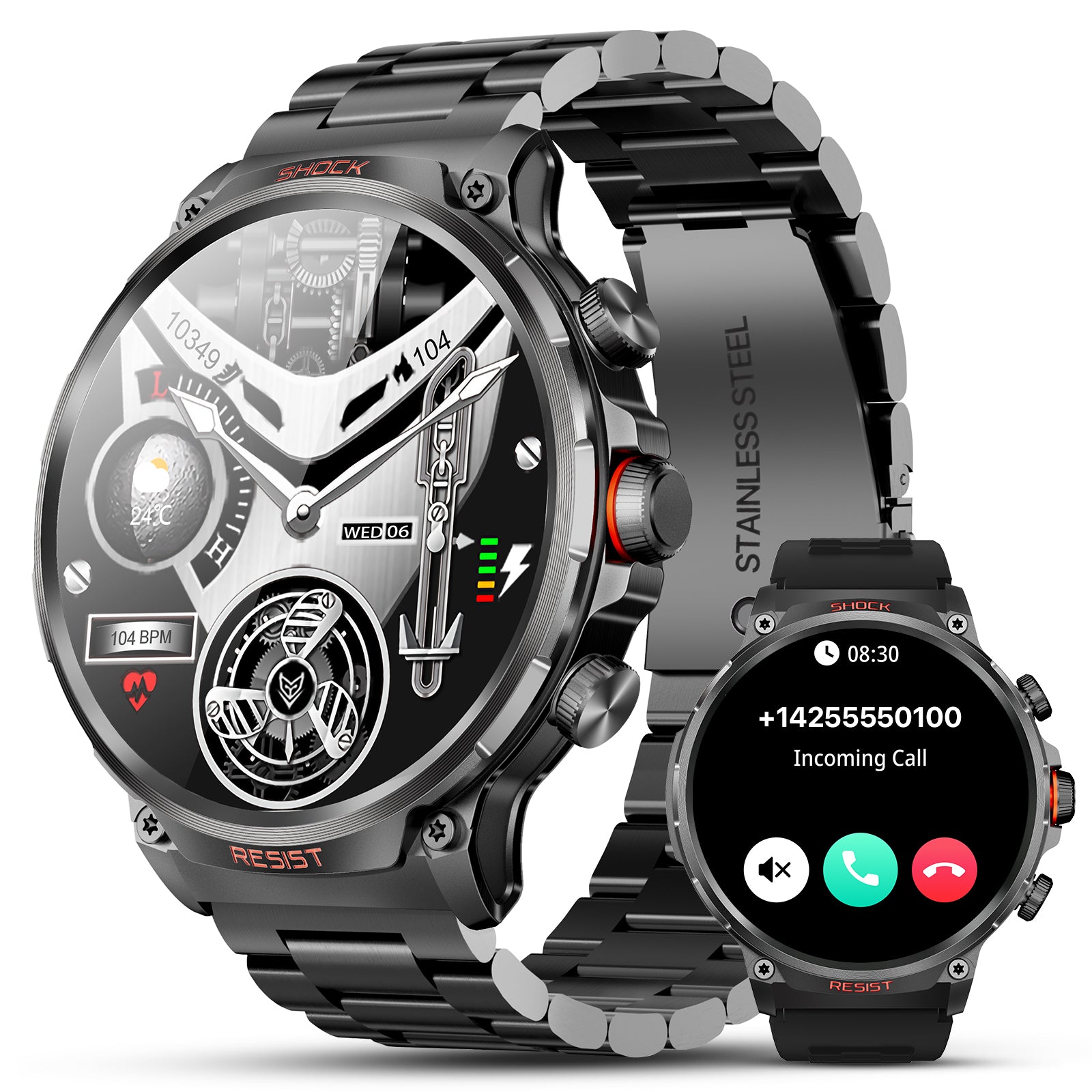
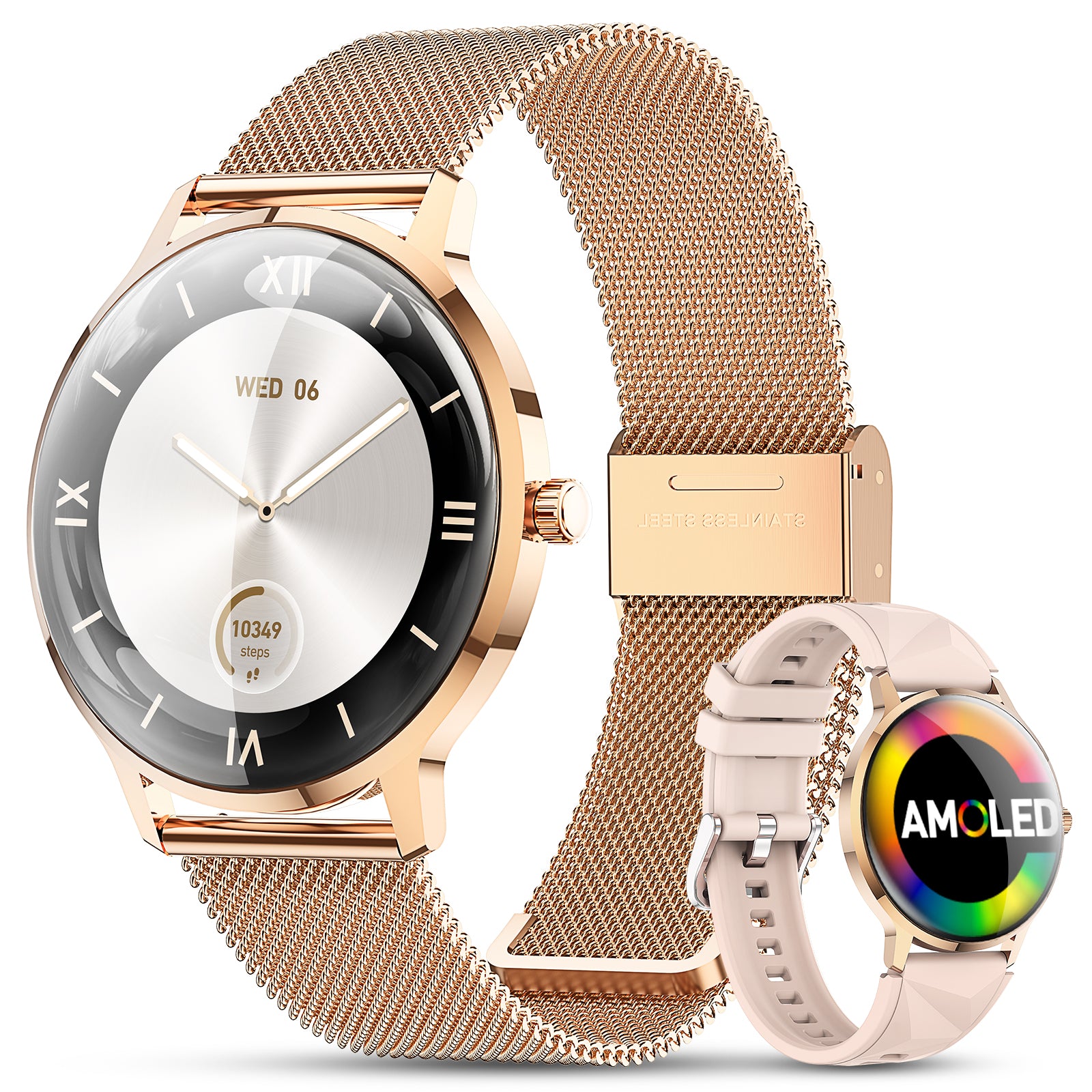
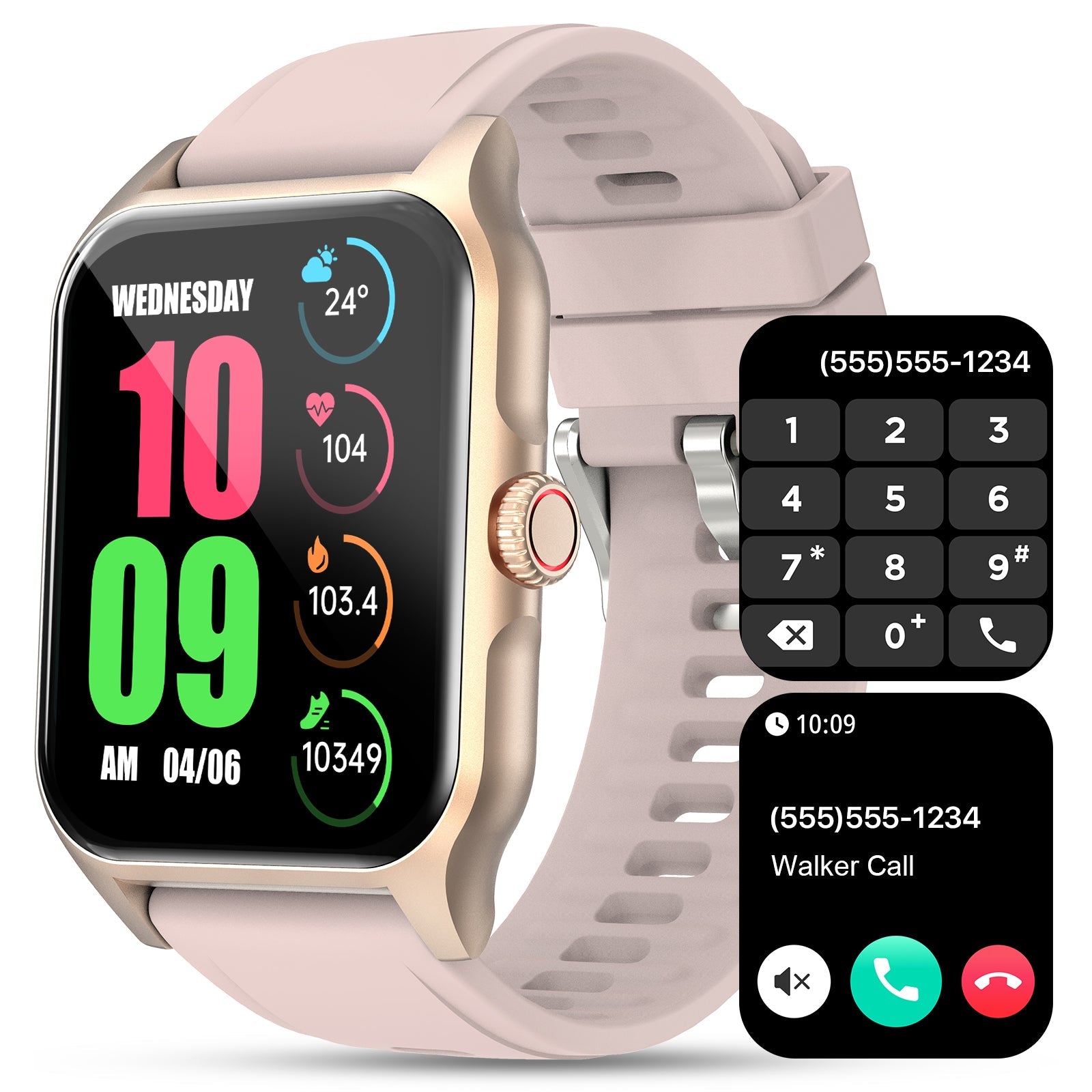
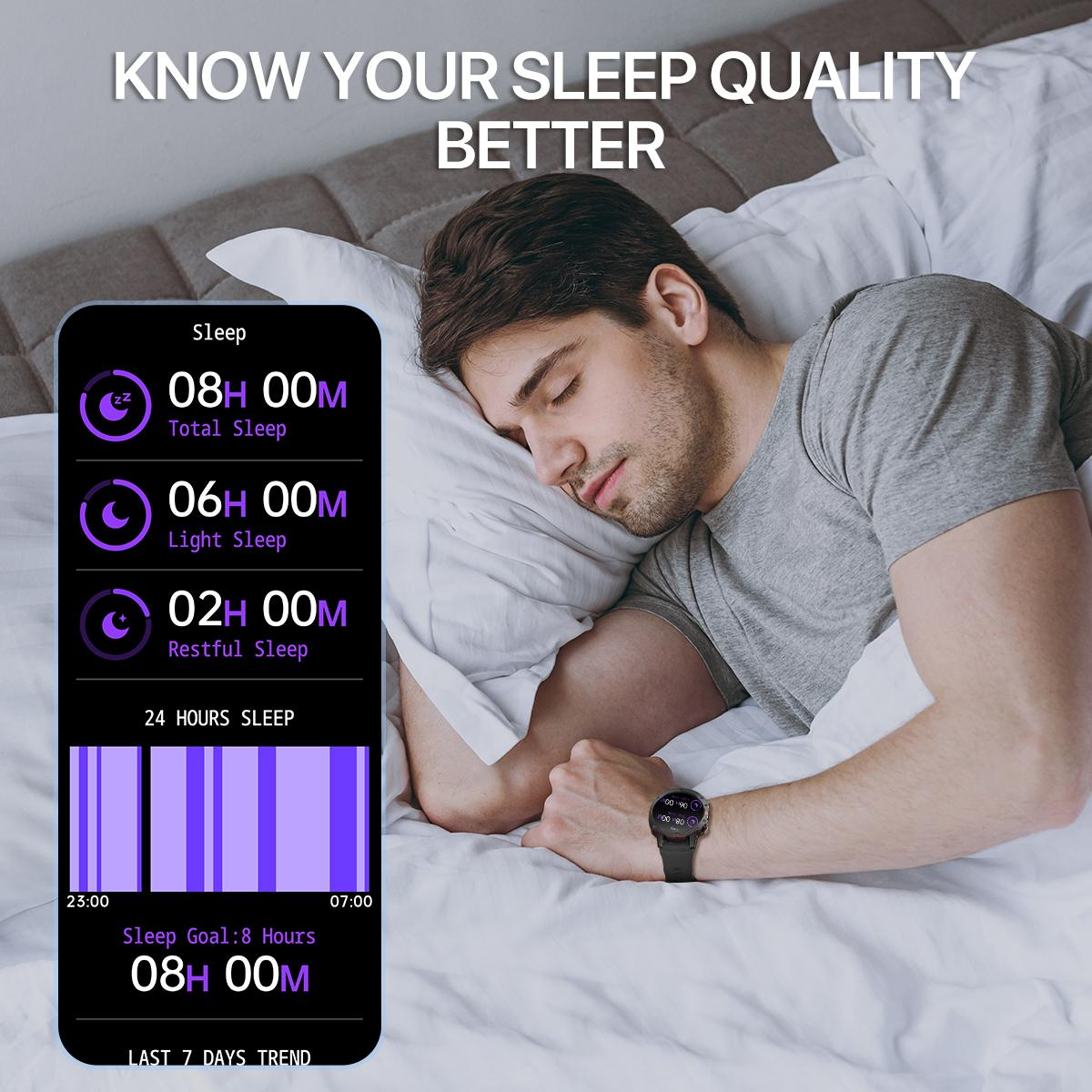
Leave a comment
All comments are moderated before being published.
This site is protected by hCaptcha and the hCaptcha Privacy Policy and Terms of Service apply.